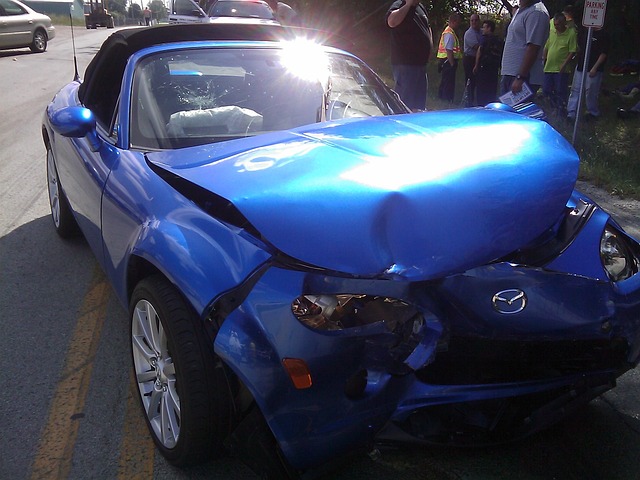
30 percent of traffic fatalities are said by the National Highway Traffic Safety Administration to result from drunk driving. This statistic brings to mind immediate criminal justice issues.
The potential penalties placed upon you could negatively impact your life and your future, beginning the moment you are arrested for driving under the influence (DUI). According to DUI lawyer Nellie L. King, the consequences of being convicted of DUI involve suspension of one’s driver’s license, exorbitant fines, and perhaps even prison sentences.
Let’s see in detail how drunk driving’s consequences seriously affect one’s life.
Legal Consequences of Drunk Driving
Driving under the influence endangers your life and will put you in a series of consequences.
You may be required to attend classes for alcohol education. This enforcement may be a little uncomfortable, but it is certainly helpful in your recovery. Felony charges are what make penalties heavier.
These types of convictions carry serious consequences on relationships and the person’s ability to find work. It affects the possibility of mingling with others and the probability of living without a DUI. Learn that drunk driving is not worth it in your future. Being responsible establishes your safety and nurtures important relationships.
Hire a drunk driving accident lawyer to learn more about your legal options.
Financial Implications for Offenders
Being charged with DUI entails jail terms and huge financial burdens. The defendant is expected to face heavy fines, amounting perhaps to hundreds or thousands of dollars, depending on the state.
There are also court fees and possibly attorney fees, which can rise fast. It may include a reinstatement fee if the license is suspended, plus higher insurance premiums once back on the road.
You may have to install an ignition interlock device. This device will cost you and may stretch your budget to extremes, causing significant change in your lifestyle. These implications alone give you another reason to avoid engaging in drunk driving.
Impact on Victims and Their Families
The consequences of a drunk driver’s actions can adversely affect innocent victims and their families in grave and unforeseen ways.
Drunk driving poses the risk of serious injury or death and can cause despair for the victims’ families. The whole psychological trauma is not something that the family will live with just for a few days or months. It will affect relationships within the family, social settings, and day-to-day functions.
The families of the victims will be burdened with medical expenses, funeral expenses, and loss of income. Usually, comfort from other relatives may be offered, but it becomes a tough task for them to console those who they see are in so much pain.
Speaking against driving intoxicated and refraining from doing it creates awareness and promotes its prevention, reducing potential tragedies in your community.
Long-term Effects on the Offender’s Life
A drunk driving offense finishes an innocent life and steals some good years of living from the guilty drunk driver.
The penalties may include fine amounts, revocation of driving privileges, or even incarceration, all of which can affect a person’s job and future relations.
The stigma of a DUI conviction may very well drive away that one friend or family member, leaving you with a sense of rejection. You will be overcome with guilt, shame, and all those thoughts affecting your mental health.
Eventually, these thoughts produce great anxiety or depression. Anytime you require help, just remember you are not alone. Work your way through healing by learning from your mistakes and rebuilding your life.
Community and Societal Repercussions
You may believe that drunk-driving-related cases involve the offenders only, but the serious effect runs through the entire community and society.
Driving under the influence places at risk not just the life of the offender but also innocent people. Families split when loved ones are lost, and friends face emotional trauma, who then grieve in the presence of whole communities.
Given the aftermath of the accidents, insurance rates rise, straining the local economies. Stigmatization against those charged with such cases may lead to divisions that increase the difficulty for affected parties to obtain support.
Recognition of these wider ramifications can bring in a culture of accountability so that every individual can place importance on the well-being and togetherness of their communities.


